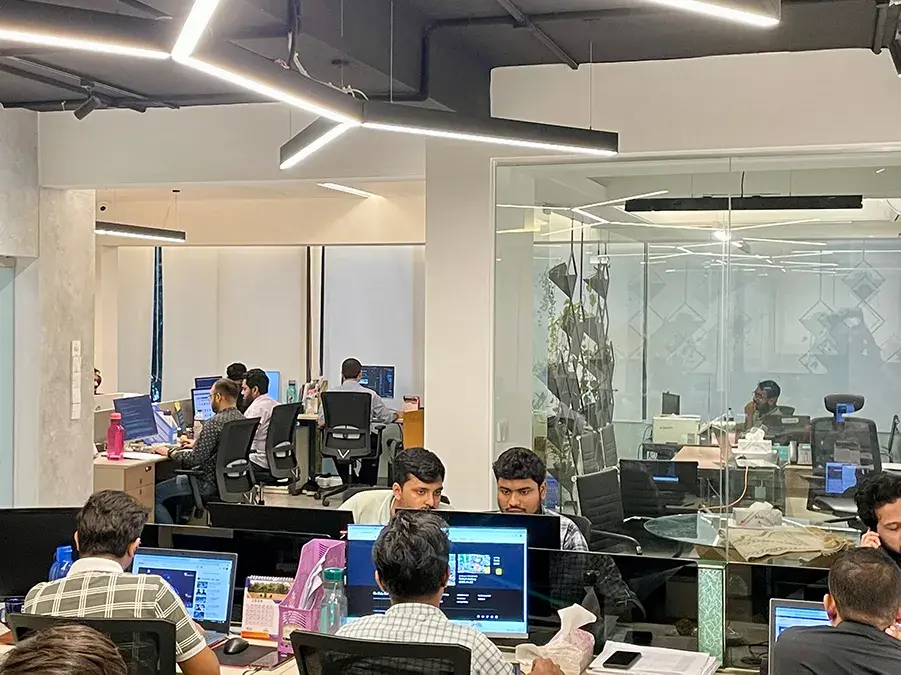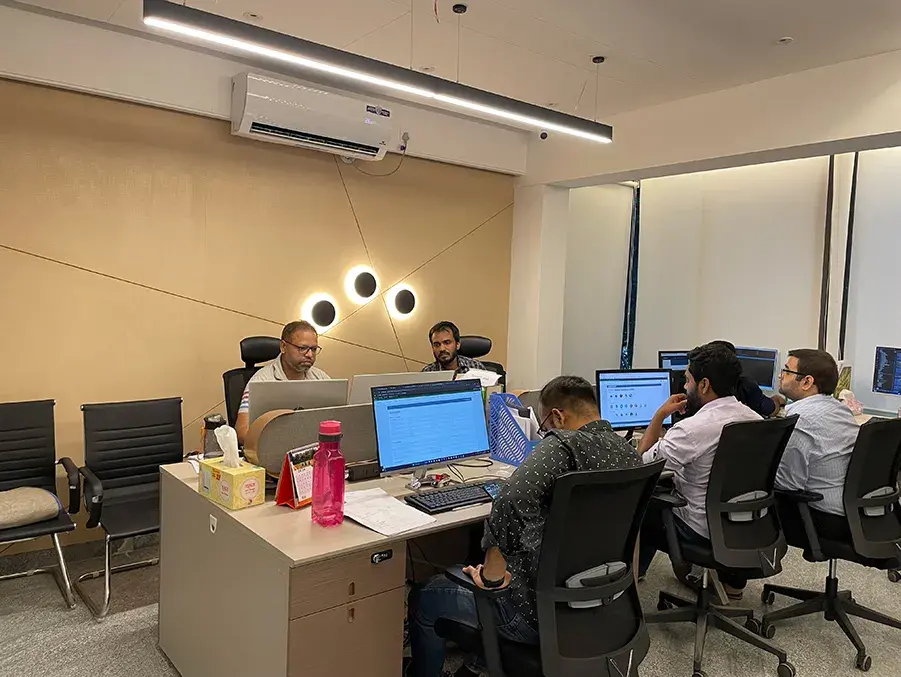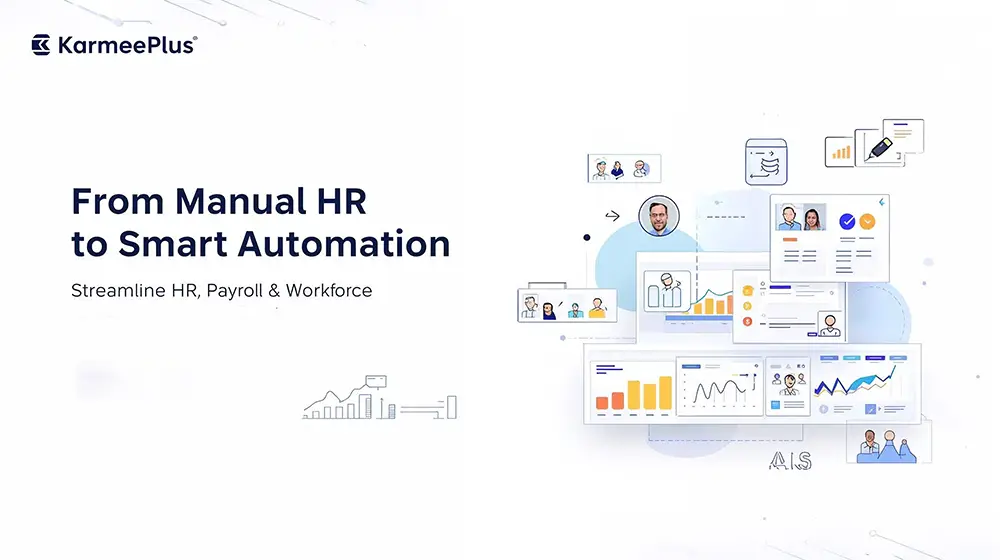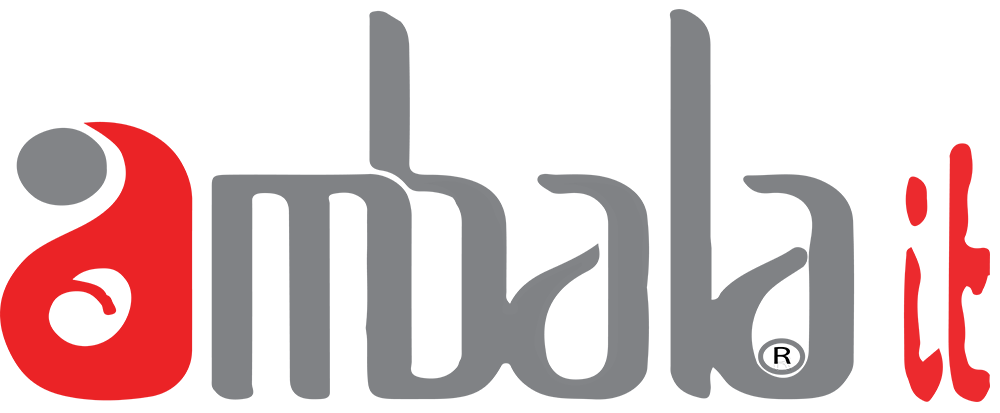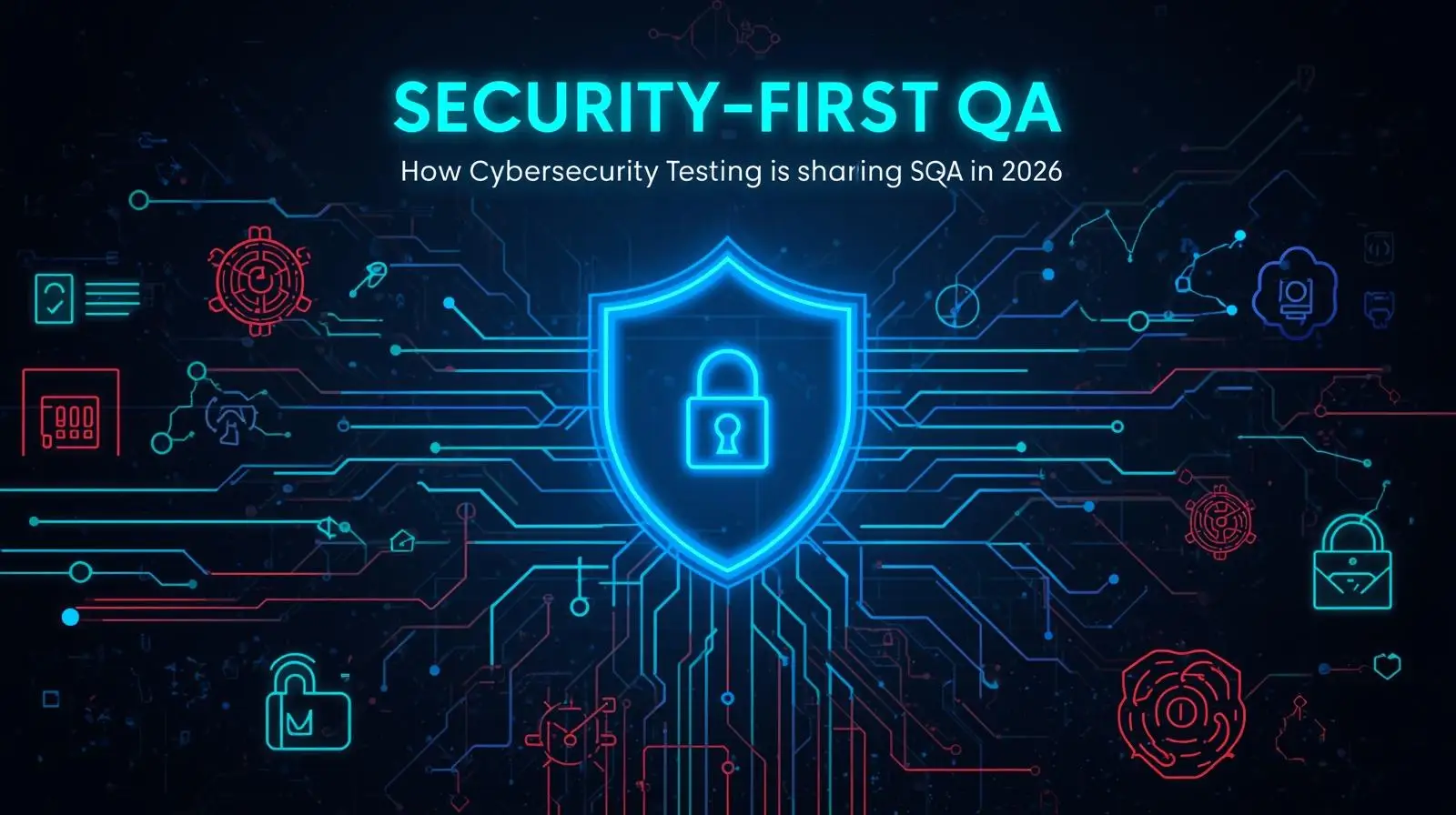
The Future QA Engineer: Skills Every Tester Must Have in 2026
Software Quality Assurance (QA) is undergoing a massive transformation. Gone are the days when testers were only responsible for finding bugs or validating functionality. By 2026, QA engineers are becoming strategic partners in software delivery, focusing on AI-driven testing, cybersecurity, performance, automation, and business value.
This evolution is happening because:
AI and automation are everywhere→ Testers must know how to leverage these tools.
Cyberattacks are increasing→ Security testing is a must.
Applications are cloud-native & distributed→ QA must test in complex environments.
User expectations are higher→ Speed, security, and reliability drive customer trust.
The new role of test engineers:
- AI assurance engineers: As AI becomes integral to testing, AI models are accurate, ethical, validating AI decisions, setting up testing standards and frameworks for AI tools.
- Model trainers and curators: Since AI requires data to function, AI models, high-quality datasets and maintaining feedback loops.
- Security auditors: GenAI-enabled systems, data security measures, proprietary information, trade secrets, customer information, violations, contract breaches, and copyright infringements.
- Quality architects: quality architects, design the testing frameworks and environments, using genAI.
- UX engineers: Functional testing, quality engineers, user experience (UX) engineering, social media, app stores, and production logs.
From Bug Hunters to Quality Advocates:
Gone are the days when QA was only about executing test cases. Today, testers are seen as quality champions who collaborate with developers, product managers, and designers to ensure excellence from the very beginning of the development cycle.
👉 QA in 2026, Preventing defects before they occur, not just finding them.
Automation Is No Longer Optional:
Manual testing still has its place, but automation is the game-changer. Companies want faster releases and consistent quality, which makes automated testing frameworks like Selenium, Cypress, and Playwright critical skills.
- Automating regression tests saves time.
- API testing with Postman or RestAssured is now standard.
- CI/CD pipelines demand integration of automated test suites.
👉 Tip: Start small with automation and gradually expand your coverage.
AI & Machine Learning in Testing:
AI isn’t just for developers anymore. Testing tools powered by AI & ML can now:
- Predict high-risk areas in code.
- Perform visual testing for UI consistency.
- Auto-generate test cases.
Testing Beyond Browsers: Mobile, IoT & AR/VR
As technology diversifies, so do testing environments. QA professionals are expected to test across:
- Mobile devices (Android & iOS)
- IoT devices (smart homes, wearables)
- AR/VR platforms for immersive experiences
Security & Performance Testing Are Critical:
With rising cyberattacks and growing user expectations, QA testers must go beyond functional testing. Knowledge of tools like JMeter (performance) and OWASP ZAP (security) is becoming highly valuable.
- Can the system handle 1M users?
- Is sensitive data secure?
Soft Skills = Superpowers:
It’s not all about tools and frameworks. Great QA testers also bring:
- Critical thinking: spotting edge cases no one else considered.
- Collaboration mindset: working as part of an agile team.
- Communication skills: bridging the gap between devs, PMs, and stakeholders.
👉 In 2026, soft skills will be just as important as technical skills.
Cloud-Native & DevOps Testing:
Modern apps are deployed in cloud and microservices environments. QA engineers must test distributed systems running on AWS, Azure, or GCP.
- CI/CD pipeline testing (GitHub Actions, GitLab CI, Jenkins).
- Service mesh testing (Istio, Linkerd).
- Chaos engineering & resilience testing (injecting controlled failures).
- Testing containers (Docker, Kubernetes).
Data & Analytics Testing:
QA must ensure data accuracy, integrity, and fairness in analytics and AI models.
- Testing data pipelines (ETL, Big Data systems).
- AI/ML model testing (bias detection, accuracy validation).
- SQL & NoSQL validation.
- Real-time data streaming testing (Kafka, Spark).
The Career Outlook for QA Testers:
The demand for QA testers is only growing stronger, with roles evolving into SDET (Software Development Engineer in Test), QA Automation Lead, and Test Architects. Companies are investing in QA more than ever, making it a promising career path with high growth opportunities.
By 2026, the role of a QA engineer will be far beyond bug detection. Future QA engineers will act as AI-powered quality strategists, cybersecurity guardians, cloud testers, and business partners. Testers who embrace automation, AI, and emerging technologies while honing their soft skills will not only survive but thrive. AI & automation skills, Security-first QA, Cloud & DevOps testing, Data & analytics validation

